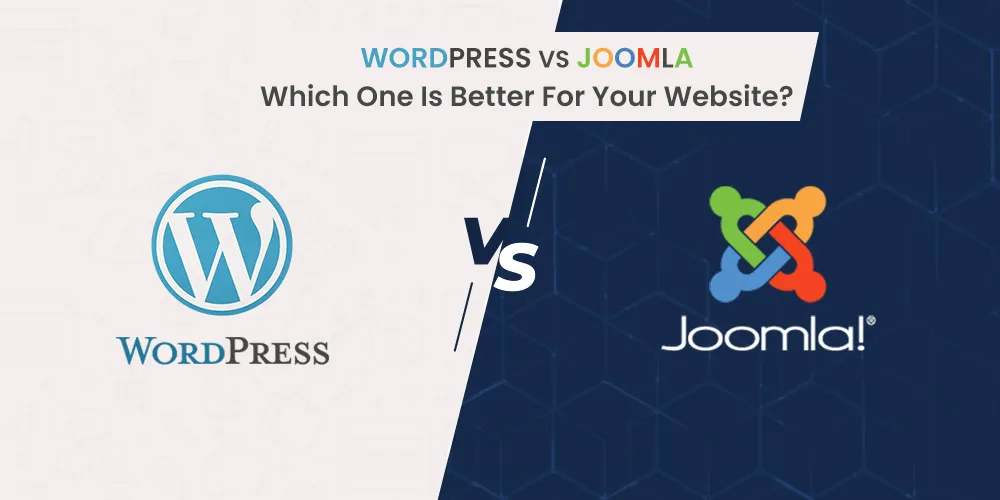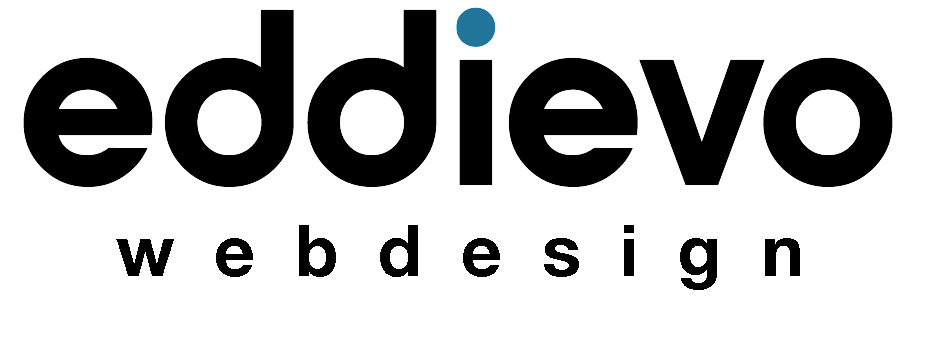WordPress vs. Joomla: Which CMS is Right for You
When it comes to choosing a Content Management System (CMS) for your website, WordPress and Joomla are two of the most popular contenders. Both have evolved significantly over the years, and with 2024 just around the corner, it’s crucial to understand their latest features and trends to make an informed decision. Whether you’re building a personal blog, a business website, or an e-commerce store, the choice between WordPress vs. Joomla can impact your site’s functionality, performance, and growth potential. Let’s dive into the latest trends and features of these CMS giants to help you decide which one aligns with your needs.

WordPress: The Ubiquitous Choice
1. Dominating the CMS Landscape
WordPress continues to be the most widely used CMS, powering over 40% of websites on the internet. Its popularity stems from its user-friendly interface, extensive plugin ecosystem, and a vast library of themes that cater to virtually every need. In 2024, WordPress 6.0 brings even more to the table with advanced Full Site Editing (FSE) capabilities. This feature allows you to design and customize your entire site using a visual editor, making it accessible for users without technical backgrounds.
Key Trend: The rise of Full Site Editing in WordPress is redefining how users approach web design, providing more control and flexibility than ever before.
2. Enhanced E-commerce Features
For those looking to build an online store, WordPress remains a top choice thanks to WooCommerce. This powerful plugin has evolved, offering advanced features like automated tax calculations, improved payment gateway integrations, and dynamic product recommendations. The seamless integration between WordPress and WooCommerce ensures that your e-commerce site runs smoothly and efficiently, accommodating everything from small shops to large-scale online stores.
Key Trend: WooCommerce’s continuous updates and enhancements solidify WordPress’s position as a leading platform for e-commerce solutions.
3. Extensive Community Support
One of WordPress’s biggest advantages is its vast and active community. With countless forums, tutorials, and plugins available, finding support and resources is easier than ever. This community-driven approach means you have access to a wealth of knowledge and tools to troubleshoot issues, optimize performance, and stay updated with the latest trends.
Key Trend: The thriving WordPress community contributes to ongoing innovation and support, keeping the platform at the forefront of CMS technology.
Joomla: The Versatile Contender
1. Flexible and Customizable
Joomla is known for its flexibility and powerful capabilities, making it ideal for more complex websites. Unlike WordPress, which is often seen as beginner-friendly, Joomla offers advanced configuration options and built-in features that cater to more technically inclined users. Its robust content management and user access control make it a great choice for sites requiring detailed permissions and multiple user roles.
Key Trend: Joomla’s advanced user management and customization options cater to developers and businesses with specific, complex needs.
2. Strong Multilingual Support
Joomla excels in multilingual site management with built-in language support. This feature is particularly valuable for businesses and organizations operating in multiple countries or regions. The CMS allows you to create and manage content in multiple languages effortlessly, providing a seamless experience for international audiences.
Key Trend: Joomla’s native multilingual capabilities are becoming increasingly important as global and multi-regional operations become more common.
3. Enhanced Security Features
When it comes to security, Joomla has a strong reputation. The CMS includes built-in features like two-factor authentication, advanced access control, and regular security updates. This focus on security is crucial in an age where data breaches and cyber threats are prevalent. Joomla’s proactive approach to security helps protect your site from vulnerabilities and attacks.
Key Trend: Increased emphasis on built-in security features reflects the growing concern for website protection and data security.
Choosing the Right CMS for 2024
The decision between WordPress vs. Joomla ultimately depends on your specific needs and preferences. WordPress offers unparalleled ease of use, a massive plugin ecosystem, and an extensive support network, making it ideal for beginners and small to medium-sized websites. On the other hand, Joomla provides advanced customization options, strong multilingual support, and enhanced security features, catering to more complex and technically demanding projects.
As the digital landscape continues to evolve, both CMS platforms are adapting to new trends and technologies. Whether you prioritize user-friendly design and community support or advanced flexibility and security, understanding the latest trends and features of WordPress and Joomla will help you make an informed choice that aligns with your website goals.
Explore your options, consider your needs, and choose the CMS that will best support your website’s success in 2024 and beyond.

